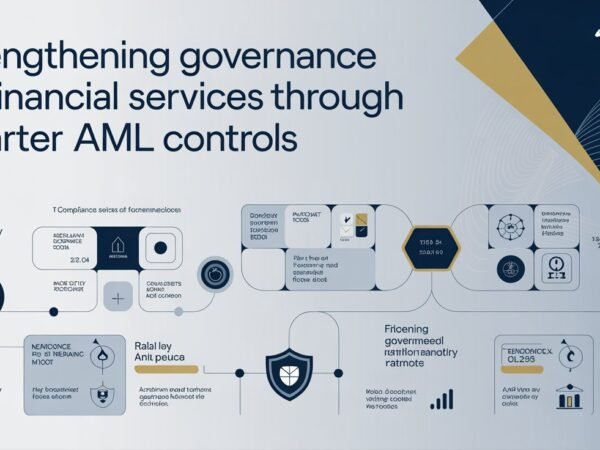Sustainable procurement is a set of practices companies implement to reduce environmental impact. These practices trigger positive effects, such as environmentally friendly contracting, conscious consumption, and social responsibility. This approach is crucial due to the significant environmental impact that can influence the future, making sustainable procurement an integral part of a strategy to improve business processes. It is essential that both government and institutional regulations guide procurement and contracting processes to mitigate environmental risks.
What is Sustainable Procurement?
Sustainable procurement is based on a series of criteria that seek to improve business processes and mitigate the damage that this causes to the environment. In turn, it promotes social responsibility in the final production process- green purchasing by customers—creating a benefit for society.
It is a series of sustainable actions that begin with hiring suppliers who meet sustainability parameters, a responsible production process with ecological labeling, and user-green acquisitions. Sustainable practices can be achieved by applying positive and environmental factors such as process transparency, ecological responsibility, innovation solutions, human and animal rights, and responsible consumption.
Industries must maintain a social and environmental commitment to achieve successful sustainable procurement. They should ensure that their entire production process is environmentally friendly to reduce the impact it generates on the environment.
Benefits of Sustainable Procurement
- Improves production processes
- Generates environmental responsibility
- Minimizes risks and damages in the production process
- It helps mitigate collateral ecological effects by reducing waste
- Enhances the use of raw materials, avoiding waste
- Improves the control of resources used
- Generates competitive advantages in different sectors
- Increases commercial valuation
- Improves local and global economy
- Reduces the impact on the production of raw materials
Why is Sustainable Procurement the Best Production Option for a Company?
Implementing sustainable commercial purchasing and production practices is primarily intended to reduce environmental damage and promote responsible ecological development.
Sustainable practices also directly benefit the company by generating better production at low costs, increasing the company’s value, and improving income by a large percentage. As more consumers are committed to caring for the environment, sustainable purchasing is a factor that increases competitiveness.
The use of nonrenewable resources and the production of raw materials seriously impact the environment. Laws promoting sustainable purchasing practices seek to benefit the company, consumers, and society more significantly.
Practices for Efficient Contracting
To carry out environmentally friendly contracting, it is necessary to comply with positive, sustainable actions, such as:
Efficient use of resources
The resources used for the raw material are essential, so only those that meet the established parameters for environmental care, such as nonrenewable or depleted reserves, must be selected.
Reduction of emissions and waste
It is essential to select resources that minimize emissions of gases and toxic waste to the environment and choose biodegradable or recyclable materials.
Transparency and reporting
Before purchasing from suppliers, it is essential to investigate and ask in detail about the type of material, its origin, and development so that it maintains environmental responsibility throughout the production process. To address this point, procurement management software must be adopted.
Promotion of local and sustainable products
Promoting local products reduces the carbon footprint caused by transporting raw materials from one place to another. In addition, buying from locals favors the region’s economy and allows for cost reductions by acquiring raw materials.
Select responsible suppliers
Selecting regulated suppliers also directly helps reduce environmental impact because it facilitates transparency and commercial responsibility. Efficient suppliers must have environmental certification and practices with a positive environmental impact.
Environmental impact assessment
The environmental assessment consists of observing the product’s life cycle to verify that it does not significantly impact the environment.
Do Read: Why Every Office Needs a Cabinet Key Management System













